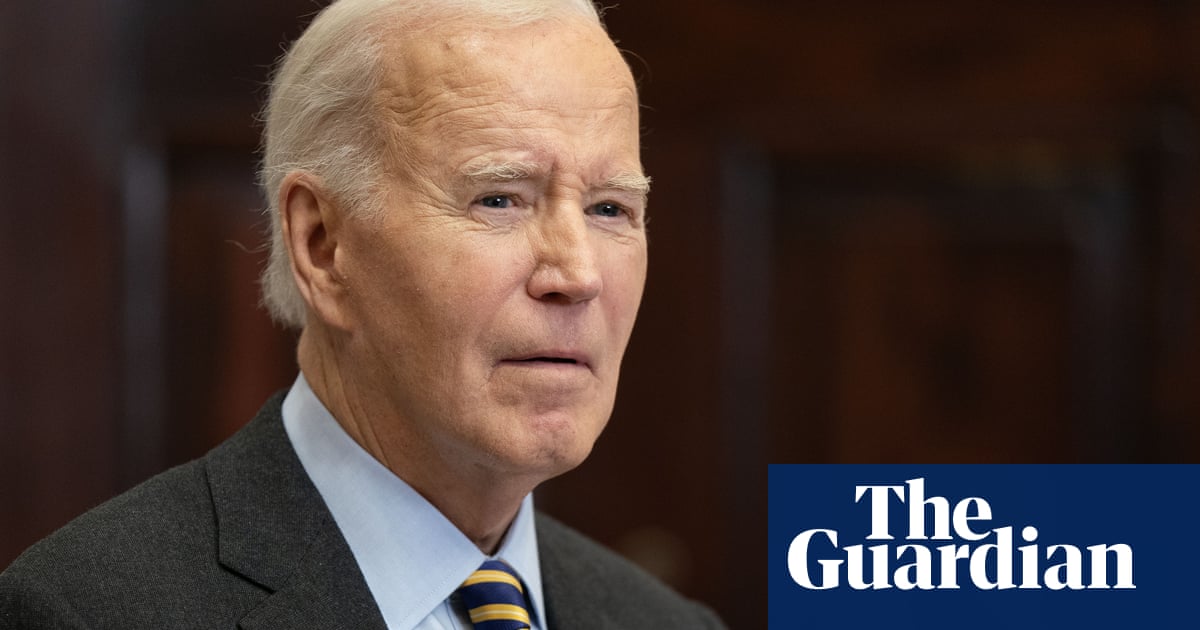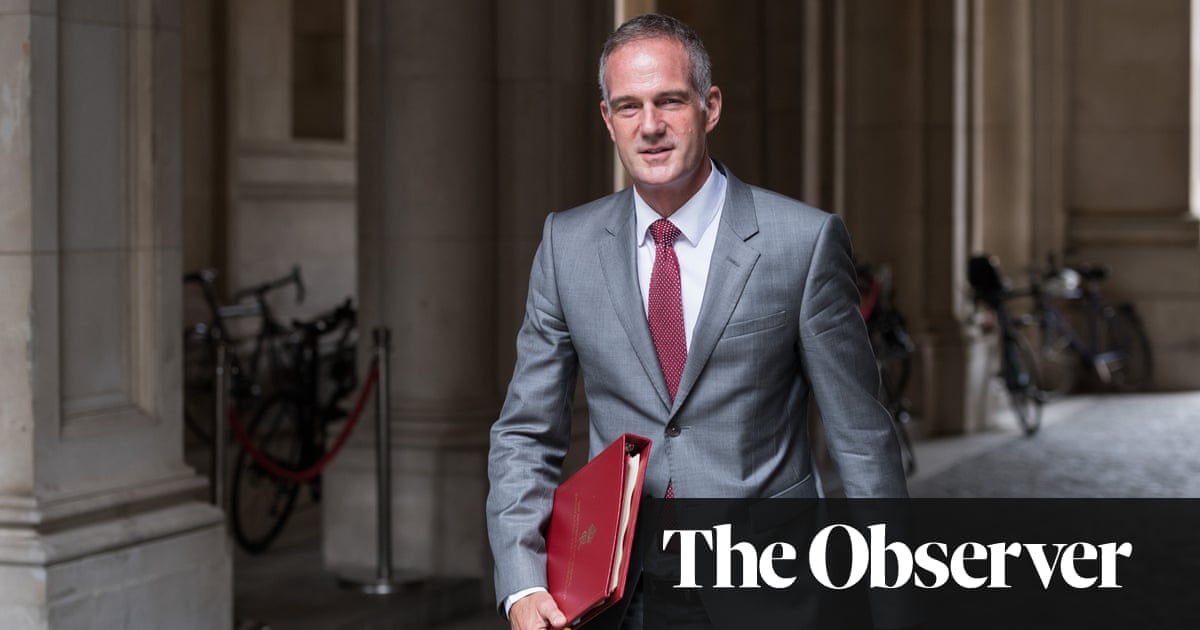Listen to this episode on Apple Podcasts.
She was the raven-haired beauty whose lily-white persona was forged by her supporting roles in Gone With the Wind and several Errol Flynn swashbucklers. He was the real-life swashbuckler, the heroic lover/drinker/fighter whose directorial debut The Maltese Falcon, was an enormous success. They met when Huston directed de Havilland in his second film, In This Our Life, and began an affair which would continue, on and off, through the decade, as he joined the Army and made several controversial documentaries exposing dark aspects of the war experience, and as she waged a war of her own, taking Warner Brothers to court to challenge the indentured servitude of the star contract system. De Havilland’s lawsuit went all the way to the California Supreme Court, and had massive implications on the future of labor in Hollywood and beyond.
Show Notes:
Special thanks this week to Rian Johnson, who played John Huston.
Olivia de Havilland is still alive, living in France and, judging by her most recent interview, she’s still, at nearly 99 years old, lucid and fascinating. I should note that in that linked interview, which I came across after finishing this episode, De Havilland says she and Errol Flynn never actually got together despite a mutual attraction. In talking briefly about their supposed affair in this episode, I probably should have used a qualifier like “reported.” There are, in fact, many reports suggesting that the pair did have an off-screen relationship; still, I can’t think of any reason why we should doubt a 98 year old woman when she insists that the hot affair that she is rumored to have had 65 years earlier didn’t actually happen. That said, she can protest all she wants, but the idea that she and Flynn were lovers is so pervasive that, true or otherwise, it’s part of Olivia De Havilland’s legacy in the collective imaginary. And that’s what we do on this podcast: talk about myths, legacies, and the collective imaginary.
Certainly, most of what John Huston has said about his own life should be assumed to be some kind of spin or exaggeration, although in his case he’s more likely to invent affairs that didn’t happen than downplay reports that one did. Huston’s entertaining autobiography An Open Book was a source for this episode, but weighed with a grain of salt against Lawrence Grobel’s The Hustons, John Huston: Courage and Art by Jeffrey Meyers; and Mark Harris’ Five Came Back, which goes into much further detail on Huston’s war documentaries, and particularly the stagings of The Battle of San Pietro, than I was able to include here.
As far as I can tell, there has not been a biography devoted solely to De Havilland. There is Robert Matzen’s Errol and Olivia, which I flipped through but didn’t really put much stock in, as it’s obsessed with the idea of a Flynn/De Havilland affair to the point of distraction. I did not bother with Sisters: The Story of Olivia De Havilland and Joan Fontaine by Charles Higham, because Higham is a controversial figure involved in next week’s episode, but when I inevitably do an episode on Olivia and her sister Joan, I’m sure I’ll look into it.
To fill in the gaps, I relied on two articles buried deep in the files at the Margaret Herrick Library: “In the State of California De Havilland vs Warner Brothers: A Trial Decision That Marked a Turning Point” by J.L. Yeck, American Classic Screen Magazine, May/June 1982; and a transcript of talk with students De Havilland gave at AFI’s Institute for Advanced Film Studies, on October 23, 1974. I also watched the Huston episode of Creativity with Bill Moyers, and listened to the audiobook of the first few chapters of Anjelica Huston’s memoir, A Story Lately Told.
Article by:Source- Karina Longworth



















